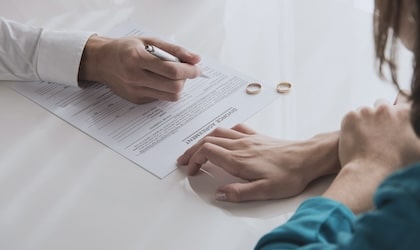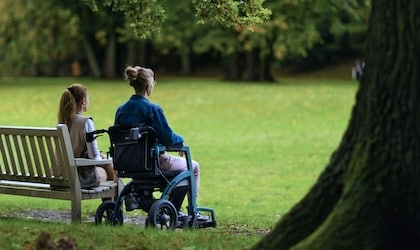Our dedicated family and divorce lawyers in Toronto and North York have years of experience in helping clients navigate sensitive and complex family law matters. Whether you are at the beginning of a divorce or separation and looking into mediation, seeking support with dividing family property, or deciding parenting time, we are the team that keeps your best interest at heart and provides advice and support throughout the legal process.
Child and Spousal Support
In Ontario, when a person is ordered by the court to pay child or spousal support payments, the support order is automatically filed with the Family Responsibility Office (FRO). FRO is a program formed by the Government of Ontario that helps families get the support they are entitled to by collecting, distributing and enforcing child and spousal support payments. FRO plays an important role in ensuring the financial security of families who count on court-ordered support. Our firm is able to collect payments from the person who pays the support (the payor) and send payments to the person who is entitled to it (the recipient). We commit to keeping your child’s best interests in mind and heart during these difficult times.
Division of Property and Family Assets
In Ontario, property acquired during a marriage must be split equally when a marriage ends for any reason. This can include the home, car, business, furniture, money, pension, and more. For property owned before the marriage, any increase in value is usually divided equally. This applies to the family home where the couple lived together as well. The full value of the family home must be shared even if one person/party owned the home before getting married; received it as a gift; or inherited it. To effect this sharing, money owed to either spouse is called an equalization payment, or an equalization of net family property. Common law couples are not legally required to split property acquired when they lived together.
A separation occurs when a couple who is married or common law decide to live apart, but are not considered divorced. In this case, a separation agreement is devised to outline your rights and obligations to one another for moving forward. Divorce on the other hand, needs to be sanctioned by the court after a couple has filed for a divorce. Once they are no longer be married, they are permitted to remarry someone else.
Through a separation or divorce, it is important that your children feel safe, loved, and supported. Parenting arrangements will typically determine where children will live, how much time they will spend with each parent, and who will be responsible for making major decisions about them. After the separation/divorce, the children will either live with one parent, split their time between both parents, or live with someone else. These arrangements can be informal between parents who agree on a parenting plan, part of a separation agreement, or ordered by the court. Having plans in place helps ensure the child’s health and safety are put first.
We use our compassion and empathy as well as our acute knowledge and understanding of the family law act in Ontario to find effective solutions for your case as soon as possible. You can be assured we use every resource available to us to reach a resolution for you, whether it is through mediation or divorce court.








